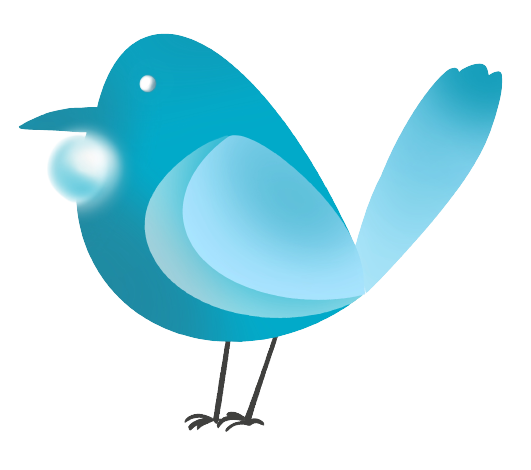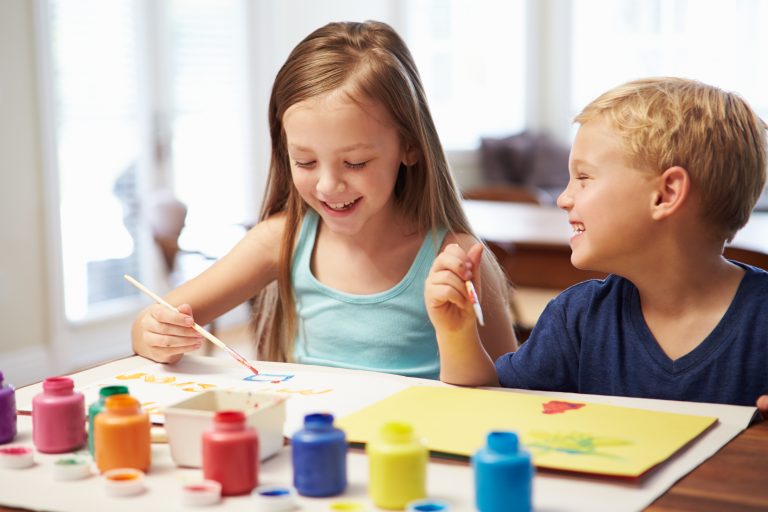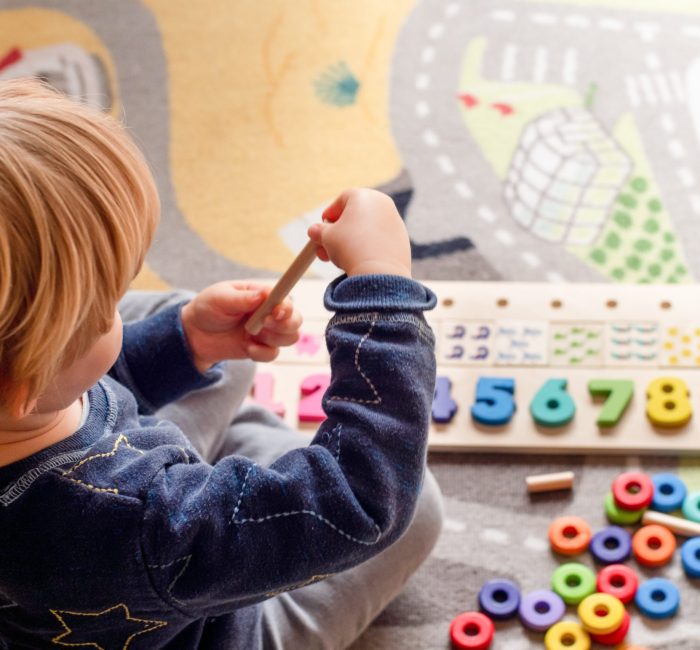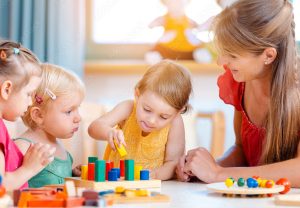About
We help children engage their bodies and minds through fun and educational activities.


Our Vision
Tui Art is committed to combining different teaching methods in children’s daily learning and emphasising artistic accomplishment. At Tui Art, teachers use fun, research-based, multisensory strategies to help children develop art appreciation, social skills, and initial literacy skills, including the alphabet, phonics and literacy, handwriting, and everyday math. Join Tui Art to lay a solid foundation for your child to enter primary school and for better learning in the future. Tui Art also cares about the well-being of parents, aiming to support them in many ways and create more value for our community.

Our Value
Children are active protagonists in their growing processes. Like every human being, every child is the constructor of knowledge, competence, and autonomy. At Tui Art, regardless of gender, ability, age, race and background, every child has an equal opportunity. We strive to provide a safe, secure, responsive and nurturing environment that supports the learning and development of infants, toddlers and preschoolers. The goal of the kaiako/teacher is to create close and trusting relationships between them and their parents and to foster strong emotional development and attachment to the children. Learning through play and fun experiences is the key to a rich and quality education.
Our Curriculum
Te Whāriki
New Zealand Early Childhood Education Curriculum. We integrate Te Whariki tightly into our daily teaching. Every organised activity revolves around its five principles – Well-being, Belonging, Contribution, Communication, and Exploration.
Pikler/RIE Approach
We implement principles of Pikler and the RIE (Resources for Infant Educarers) philosophy — Respect all our children. We aim to spend quality time with them and provide them with uninterrupted time and free movement, especially with our infants.
Schema Recognition for Children
Schemas are repeated patterns seen in children’s behaviour, and they link directly to the development and strengthening of cognitive structures in the brain. Their importance in children’s self-initiated and spontaneous play has become a valued and embedded part of early childhood practice. Our kaiako/teachers will recognise children’s schema and support their urge to learn accordingly.
STEAM Education
STEAM Education is an approach to learning that uses Science, Technology, Engineering, Art and Mathematics as access points for guiding children’s inquiry, dialogue, and critical thinking. We introduce attractive experiments and experiences for our preschoolers to extend their learning and provoke their interests.

